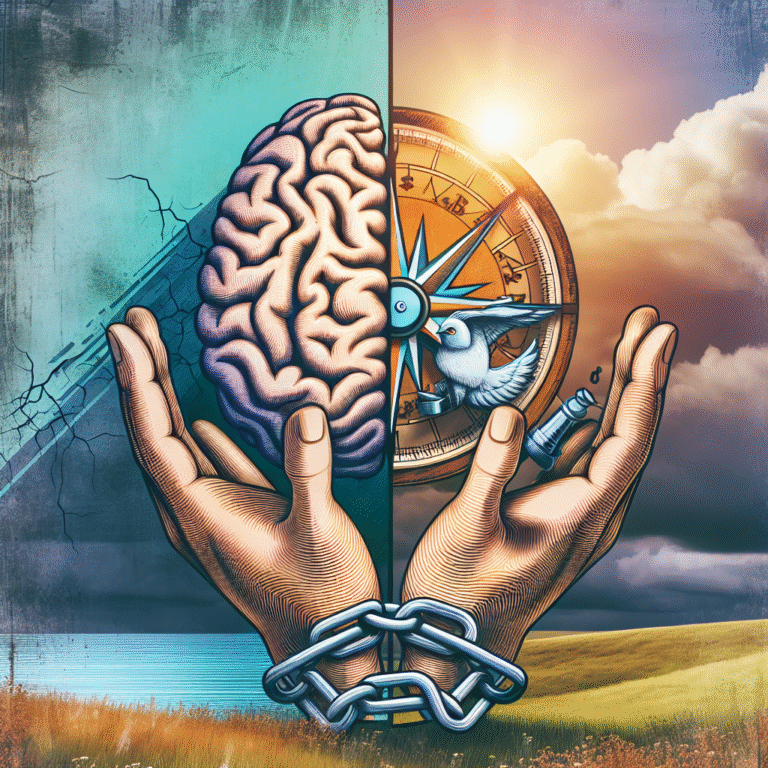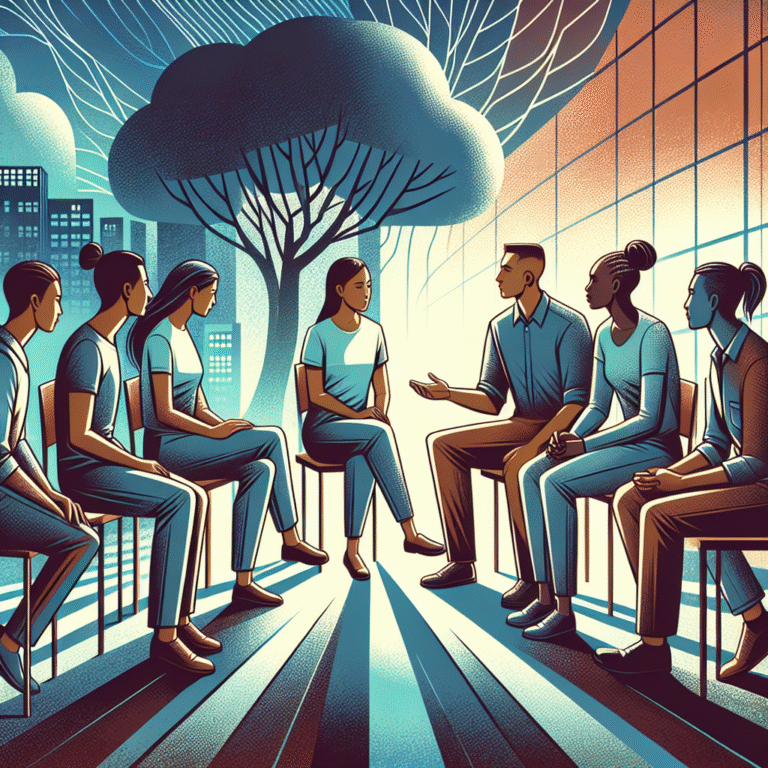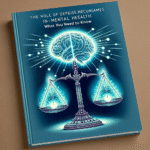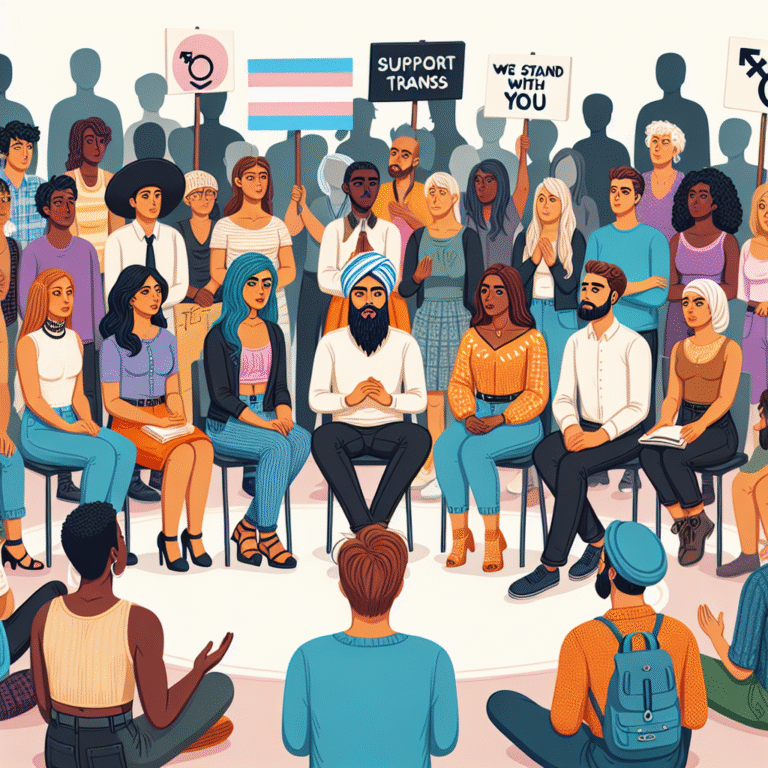
Introduction
Imagine waking up one day to find your life turned upside down—your freedom stripped away due to a crime you didn’t commit. This harrowing scenario is the reality for countless individuals who face wrongful convictions. The narratives of the wrongfully convicted are often intertwined with devastating false confessions. In this evocative exploration, "Voices of the Wrongfully Convicted: Personal Stories of False Confessions" takes center stage, shedding light on those who have navigated the treacherous waters of criminal justice, and whose stories demand to be heard.
Every day, innocent individuals are coerced into admitting guilt, revealing how systemic failures can lead to catastrophic results. This article pulls back the curtain on this issues, offering a canvas of personal experiences filled with hope, resilience, and the relentless quest for justice.
The Mechanics of False Confessions
What Leads to False Confessions?
False confessions can arise from a multitude of factors, including intense police pressure, mental health issues, and a lack of equitable legal representation. Understanding these dynamics is crucial to grasping the complex landscape of wrongful convictions.
Table 1: Key Factors Leading to False Confessions
| Factor | Description |
|---|---|
| Police Coercion | Tactics such as intimidation and deprivation of sleep. |
| Mental Illness | Individuals may be more susceptible to manipulation. |
| Youthfulness | Young people often lack the experience to navigate interrogations. |
| Lack of Legal Guidance | Absence of legal representation during questioning. |
Case Study: The Central Park Five
A poignant example of how these factors collide is seen in the infamous case of the Central Park Five. In 1989, five African American and Latino teenagers were wrongfully convicted of assault and rape based largely on their coerced confessions, which were extracted under severe duress. After spending years in prison, DNA evidence later exonerated them, revealing the flaws in a system that too often prioritizes conviction over truth.
Analysis: The Central Park Five’s story exemplifies the treacherous path of false confessions. Their narrative illustrates not only the chilling consequence of coercive interrogation methods but also the long-lasting impact of systemic racism inherent in criminal justice.
The Psychological Toll of Wrongful Convictions
The Emotional and Mental Health Struggles
Living through a wrongful conviction can lead to profound psychological effects. The trauma of imprisonment, especially for a crime one did not commit, can result in depression, anxiety, and post-traumatic stress disorder (PTSD).
Table 2: Psychological Impacts of Wrongful Conviction
| Impact | Description |
|---|---|
| Depression | Feelings of hopelessness and despair are common. |
| Anxiety | Constant worry about future safety and stability. |
| PTSD | Flashbacks and trauma-related stress are prevalent. |
Case Study: Anthony Ray Hinton
Anthony Ray Hinton spent nearly 30 years on death row for crimes he did not commit. His story underscores the devastating effects of wrongful convictions on mental health. Hinton’s resilience emerged as he recounted the constant mental torture he faced, all while fighting for his innocence.
Analysis: Hinton’s journey illustrates the emotional and psychological ramifications faced by those wrongfully convicted, shedding light on the urgent need for reform in interrogation practices and criminal justice processes.
The Role of Media and Public Awareness
Changing the Narrative
The media plays a critical role in raising awareness about wrongful convictions. Documentaries, podcasts, and news stories have brought to light powerful narratives of those affected. They foster a greater understanding of the complexities behind false confessions, emphasizing the human side of these cases.
Case Study: "The Confession Tapes"
The Netflix series "The Confession Tapes" explores several chilling cases of wrongful convictions born from false confessions. Each episode provides insights into the interrogation techniques used and the devastating consequences faced by the innocent.
Analysis: "The Confession Tapes" serves as a powerful tool for education and advocacy, amplifying the "Voices of the Wrongfully Convicted: Personal Stories of False Confessions" and inspiring a broader dialogue around criminal justice reform.
Legal Reforms and Advocacy
The Push for Change
As stories of wrongful convictions gain traction, there is an increasing push for legal reforms. Advocates are working tirelessly to implement policies that prevent coerced confessions and protect the rights of individuals during interrogations.
Table 3: Proposed Reforms to Combat False Confessions
| Reform | Description |
|---|---|
| Mandatory Recording | All interrogations should be recorded to ensure transparency. |
| Access to Legal Counsel | Right to counsel during initial questioning should be established. |
| Department Policy Changes | Training for law enforcement on interrogation techniques. |
Case Study: The Innocence Project
Founded in 1992, the Innocence Project has been at the forefront of the fight against wrongful convictions, utilizing DNA evidence to exonerate the wrongfully convicted. Their work not only aims to free individuals but also to instigate systemic changes within the criminal justice system.
Analysis: The Innocence Project’s efforts highlight the importance of advocacy and reform in rectifying the injustices faced by wrongfully convicted individuals. Their work exemplifies the potential for positive change in how the justice system operates.
The Community’s Role in Supporting the Wrongfully Convicted
Building a Support Network
Communities play an essential role in the rehabilitation and support of individuals who have suffered from wrongful convictions. Networking and support groups can provide a vital lifeline for the reintegration of these individuals into society.
Case Study: Exoneree Support Programs
Various organizations exist to support exonerees as they navigate life after their release. They offer counseling, job placement, and legal support to help mitigate the trauma and challenges faced by former inmates.
Analysis: These support programs are crucial in both the rehabilitation of wrongfully convicted individuals and the continuation of advocacy for justice reform, portraying a collective societal responsibility.
Conclusion
The narratives encompassed within "Voices of the Wrongfully Convicted: Personal Stories of False Confessions" serve as a stark reminder of the repercussions of systemic failure. They embody resilience and inspire a collective movement toward reform. As society becomes more aware of these issues, we must remain steadfast in our commitment to seeking justice and advocating for the voiceless.
Motivational Takeaway
While the road to justice may be long and plagued with obstacles, the stories shared have the power to ignite change. We, as a society, hold the responsibility to challenge the status quo, fostering an environment where innocent lives are never again upended by the machinery of false justice.
FAQs
1. What is a false confession?
A false confession is an admission of guilt for a crime that the confessor did not commit, often coerced through pressure from law enforcement or a misunderstanding of legal rights.
2. How common are wrongful convictions?
Studies suggest that wrongful convictions occur in approximately 2-10% of all felony cases, highlighting the scale of this troubling issue.
3. What are the primary causes of wrongful convictions?
Main causes include eyewitness misidentifications, false confessions, inadequate legal defense, and reliance on unreliable forensic evidence.
4. How can I get involved in supporting the wrongfully convicted?
You can support organizations like the Innocence Project, volunteer with community advocacy groups, or raise awareness through social media campaigns.
5. What reforms are necessary to prevent false confessions?
Reforms should include mandatory interrogation recordings, access to legal counsel during questioning, and training law enforcement on interrogation techniques.
Through this compelling exploration, the "Voices of the Wrongfully Convicted: Personal Stories of False Confessions" resonate with urgency, urging transformation within our criminal justice system. Let us listen, learn, and advocate for change, ensuring that no voice is lost to injustice.













